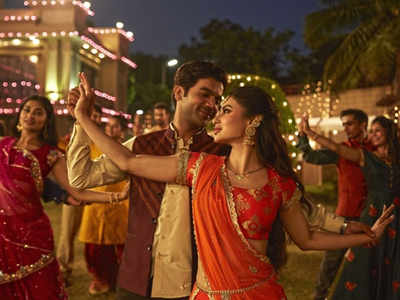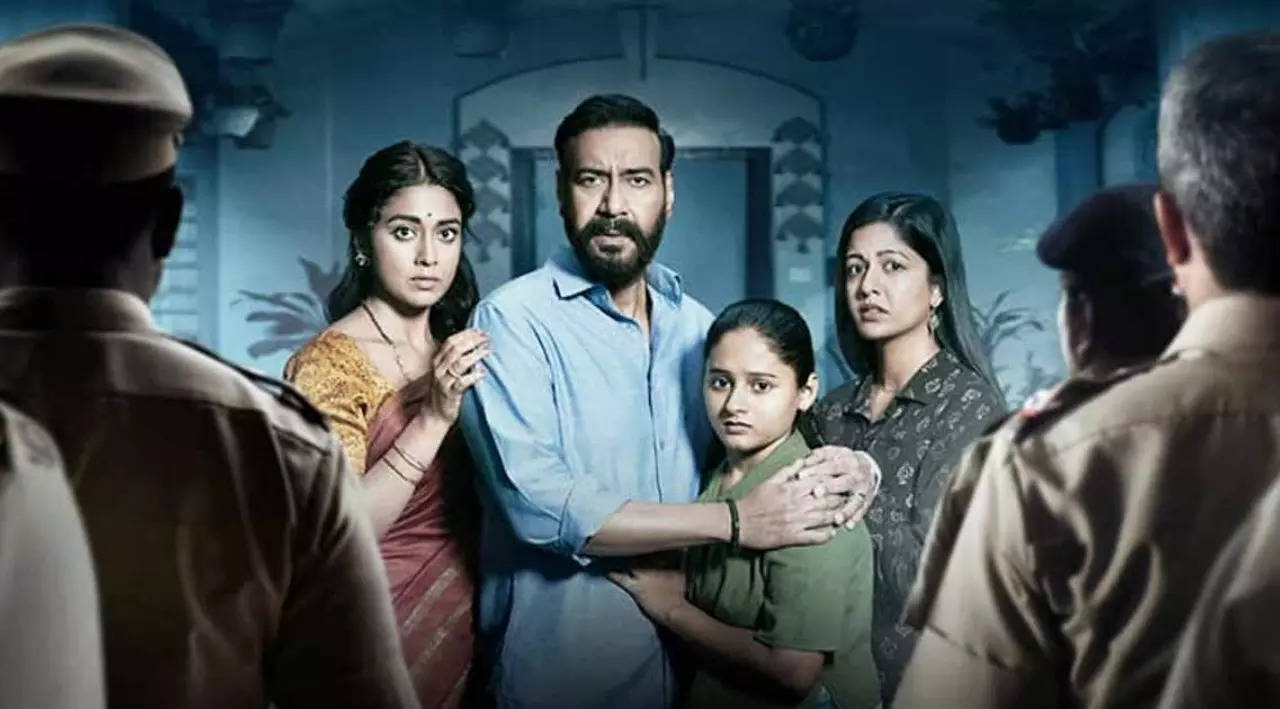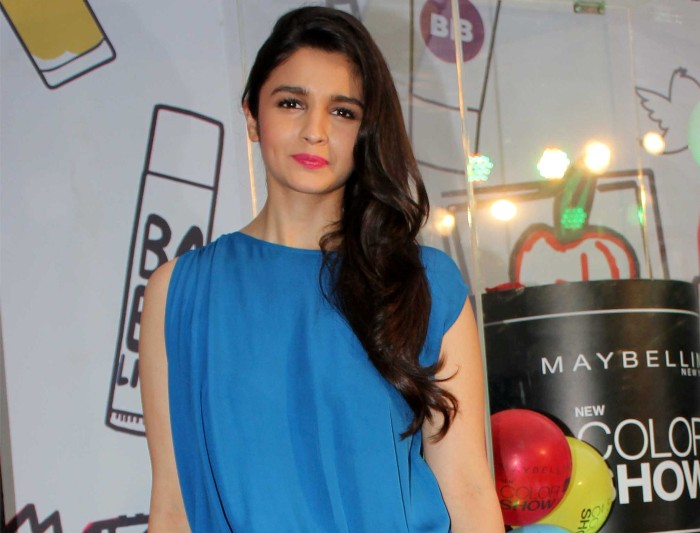Sumitra Devi

Sumitra Devi ; 22 July 1923 - 28 August 1990) was an Indian entertainer who is perceived for her work in Hindi as well as Bengali film during the 1940s and 1950s. She is generally associated with her part in the 1952 Hindi movie Mamta coordinated by Dada Gunjal. She was the beneficiary of BFJA Grant for Best Entertainer for two times.She was one of the flawless marvels of her time and has been viewed as the most gorgeous lady of her time by veterans like Pradeep Kumar and Uttam Kumar.
In 1943 she was brought for a meeting and look test in the workplace of New Theaters and was at long last cast inverse K. L. Saigal in Hemchander Chander's Meri Bahen (1944). During the creation of this film she was proposed to play the lead in Apurba Mitra's Bengali film Sandhi (1944) which turned out to be her presentation film. The film made gigantic progress and won her the BFJA Grant for Best Entertainer in 1945. In the last part of the 1940s she secured herself as a main entertainer of Bollywood with jobs in movies like Vasiyatnama (1945), Bhai Dooj (1947), Oonch Neech (1948) and Vijay Yatra (1948).She was praised for her job as a single parent in Gunjal's Mamta (1952).Filmzack stated, "She controlled all her glorious qualities to vivify her job; her smoothness, her non-abrasiveness, torment and ache and all were mixed into one."She was additionally acclaimed for her job in movies like Deewana (1952), Ghungroo (1952), Mayurpankh (1954), Chor Market (1954) and Jagte Raho (1956).
She supported her vocation in Bengali film likewise with movies like Abhijog (1947), Pather Dabi (1947), Pratibad (1948), Joyjatra (1948), Master (1949), Devi Chowdhurani (1949), Samar (1950), Dasyu Mohan (1955).She has been venerated for her job as the lovely alcoholic spouse of a landowner in Kartik Chattopadhyay's clique exemplary Saheb Bibi Golam (1956) which is a variation of Bimal Mitra's exemplary novel of the equivalent name. Her depiction of Bijali, a nautch young lady with a dispossessed heart in Haridas Bhattacharya's Public Honor winning Bengali film Aandhare Alo (1957) obtained an overpowered basic response. She likewise gathered praise for her parts in Bengali movies like Ekdin Ratre (1956), Nilachaley Mahaprabhu (1957), Joutuk (1958) and Kinu Gowalar Gali (1964).In the late fifties, she was welcome to the Asian Film Celebration in China as a representative from India.
Early life
Sumitra Devi was brought into the world in 1923 at Shiuri, in Birbhum, West Bengal. Her unique name was Nilima Chattopadhyay. Her dad Murali Chattopadhyay was an advocate. Her sibling's name was Ranajit Chattopadhyay. She was raised in Muzaffarpur, Bihar. Her family moved to Calcutta after their home and bequest in Muzaffarpur was obliterated because of a significant earthquake.
During her teen, she was colossally affected by the excellence and height of the veteran entertainers like Chandrabati Devi and Kanan Devi and sought to be an actress.
She chose to send an application letter alongside her very own photo to the workplace of New Theaters. As her dad was moderate, she chose to do it furtively and to make her arrangement productive, she looked for the assistance of her more youthful sibling Ranajit, who consented to participate with her.Her letter was replied and she was gathered for a meeting and look test. At the workplace of New Theaters, she was approached to peruse lines from Tarasankar Bandyopadhyay's Ganadevata and she entranced everybody present there with her magnificence as well as her clear, euphonic voice. She was picked for the main job inverse K. L. Saigal in New Theaters' Meri Bahen (1944)Nilima embraced her screen name Sumitra Devi.However Meri Bahen should be the presentation film of Sumitra Devi, she at last made her introduction with Apurba Mitra's Bengali film Sandhi (1944), which turned into an immense hit at the case office. There are various hypotheses in regards to how she accomplished her part in Sandhi (1944). Anandalok composed that she was slowed down en route to the shooting floor of Meri Bahen, by Apurba Mitra who offered her to act in his executive venture.Cineplot guaranteed that it was really Sumitra Devi herself who proposed Debaki Bose to act in his movie and it was Bose who at last cast her in his nephew Apurba Mitra's executive endeavor. As indicated by the source, Bose needed to enquire whether she had her dad's agree to step into filmdom. She admitted that she didn't have and her dad was excessively moderate to give his agree to this. As Bose was quick to project her, he mentioned B. N. Sircar to convince her dad, Murali Chattopadhyay to give his assent. As B. N. Sircar was the child of Sir M. N. Sirkar, a famous advocate and a dear companion to Murali Chattopadhyay, he at long last respected Sircar's imploration and hesitantly gave his consent. After the
filmography
|
Year |
Title |
Director |
|
1944 |
Meri Bahen |
Hem Chunder |
|
1945 |
Vasiyatnama |
Soumyen Mukherji |
|
1947 |
Bhai Dooj |
Narottam Vyas |
|
1948 |
Oonch Neech |
Hemchandra Chunder |
|
Vijay Yatra |
Niren Lahiri |
|
|
1950 |
Mashaal |
Nitin Bose |
|
1952 |
Diwana |
Abdur Rashid Kardar |
|
Mamta |
Gunjal |
|
|
Raja Harischandra |
Raman B. Desai |
|
|
Ghungroo |
Hiren Bose |
|
|
1954 |
Mayurpankh |
Kishore Sahu |
|
Chor Bazaar |
P. N. Arora |
|
|
Raj Yogi Bharthari |
Raman B. Desai |
|
|
1955 |
Ganga Maiya |
Chandrakant Gor |
|
Chirag-E-Chin |
Chimanlal Trivedi |
|
|
1956 |
Jagte Raho |
Amit Maitra |
|
Sati Ansuya |
Dhirubhai Desai |
|
|
Delhi Darbar |
Chandrakant Gor |
|
|
1958 |
Hum Bhi Kuchh Kam Nahin |
Raman B. Desai |
|
1962 |
Kailashpati |
Dhirubhai Desai |
|
1963 |
Mere Arman Mere Sapne |
Arabind Sen |
|
Rustom-E-Baghdad |
B J Patel |
|
|
1964 |
Veer Bhimsen |
Chandrakant Gor |
|
1974 |
Har Har Mahadev |
Chandrakant Gor |
|
1976 |
Bajrangbali |
Chandrakant Gor |
|
1977 |
Bolo He Chakradhari |








































0 Comments
retng our site